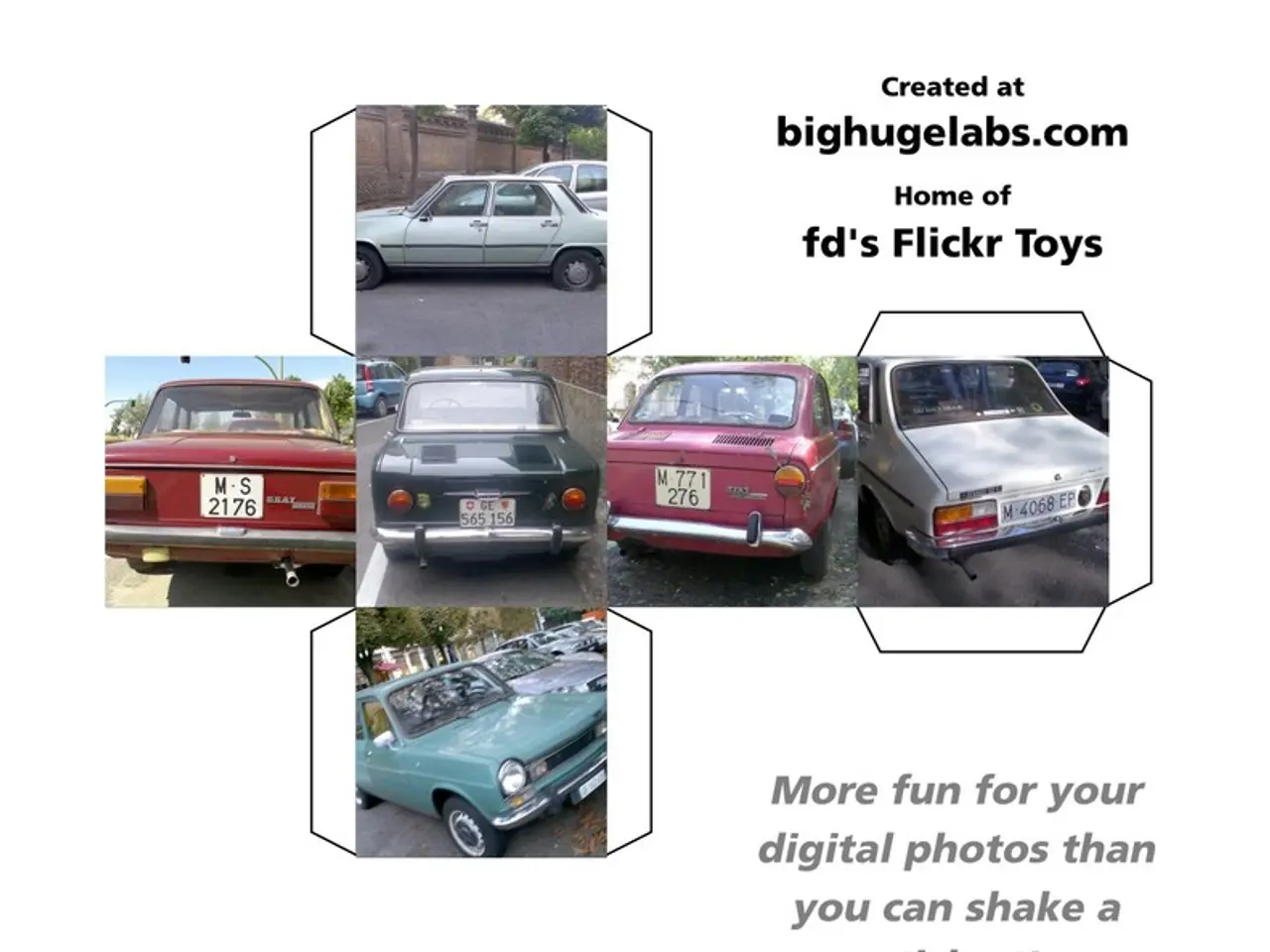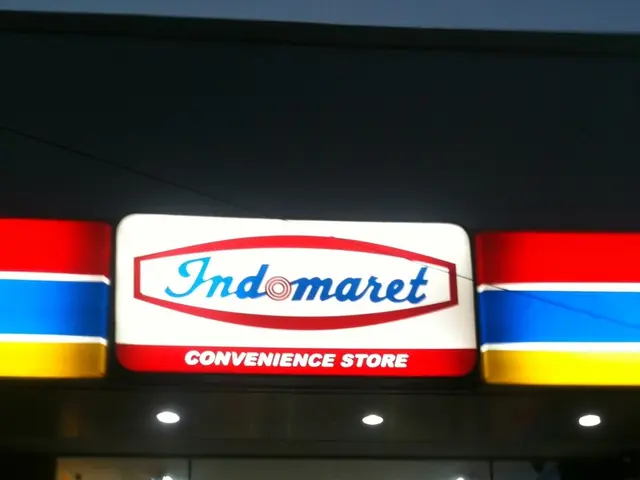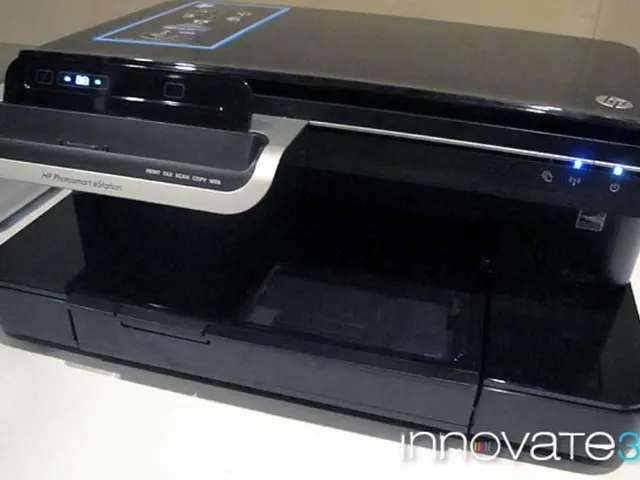Tesla Secures Major Victory in Virginia: Examining Potential Implications for the Auto Sector
In a significant development, Judge Gregory Rupe of Richmond Circuit Court upheld the Virginia Department of Motor Vehicle Commissioner's decision to allow Tesla to open a company-run store in Henrico County. This ruling, despite initial concerns about Tesla's direct-selling model, marks a step forward for the electric vehicle (EV) giant in a country where it faces bans in 17 states.
Tesla's unique direct-to-consumer approach has been a source of discomfort for many lawmakers, members of Congress, and dealers. The company's model, which aims to offer the best customer experience and comprehensive education regarding their cars, has been seen as a disruptive force in the traditional automobile industry.
However, the Virginia ruling is not isolated. Seven states have proposed legislation that would either allow Tesla or all automakers to sell directly to consumers, or specifically let other EV automakers do the same. These proposals aim to balance public interest and commerce with the needs of dealers, a delicate balance that lawmakers and Congress are grappling with.
The current legislative status in U.S. states where Tesla is still banned varies. While there is no consolidated indication that new laws are imminent to specifically allow Tesla’s direct sales or universally lift bans on direct manufacturer sales, efforts to promote EV vehicles face challenges due to federal policy rollbacks and political opposition. However, some Democrat-led states form coalitions to support EV adoption and infrastructure expansion, which could indirectly influence such sales models.
In a positive development, Tesla can directly sell to consumers without any limitations or restrictions in 20 states. The company also has an exemption in Washington to operate dealerships, but it is currently the only automaker allowed to do this. In some states like Georgia, Maryland, North Carolina, Ohio, and five other states, Tesla can operate dealerships, but there are limits on the number of dealerships they can open.
The impact of the Virginia ruling could be far-reaching. If it provides significant revenue for the county and state, states with bans in place may be more accepting of Tesla's inquiries. On the other hand, if Tesla's direct-to-seller approach is approved in more places, it could potentially hurt independent dealerships in the long-term.
Tesla's direct-to-consumer business model has faced numerous court cases, and laws on the books that prohibit direct-to-seller models may slowly be in jeopardy. This could potentially impact court cases and legislation that is proposed in the rest of the country. As the industry evolves, it will be interesting to see how the traditional automobile dealership model adapts to the disruptive forces brought about by Tesla and other EV manufacturers.








